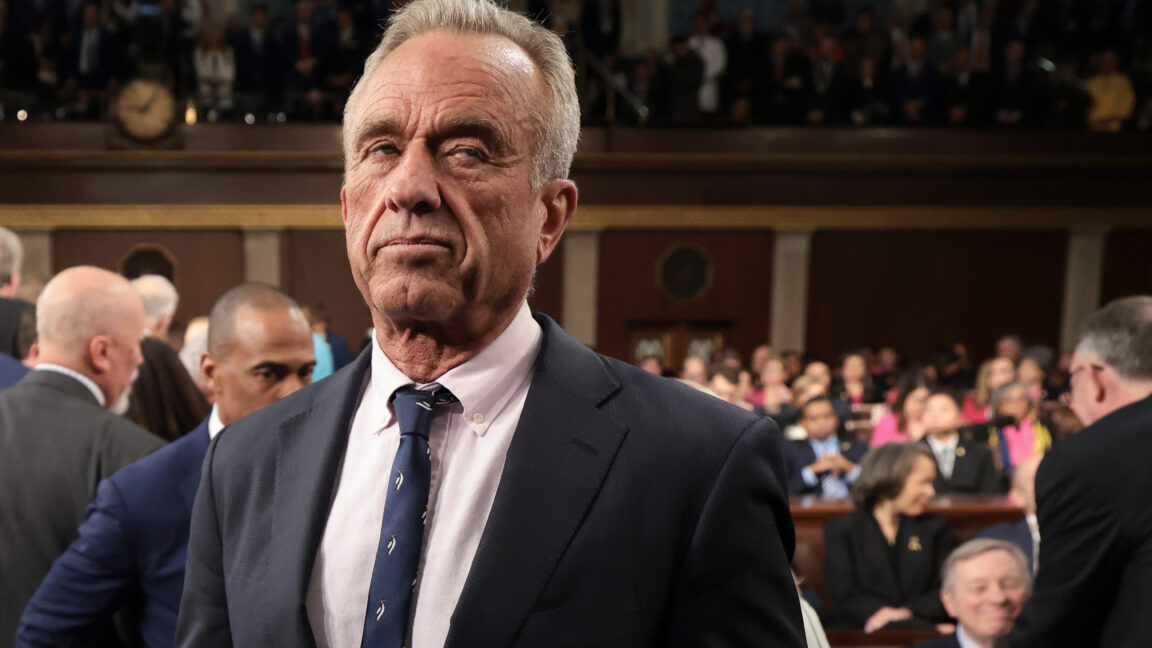Have I mentioned lately that the U.S. no longer has functional federal consumer protection and corporate oversight thanks to Donald Trump? And how that should probably be more of a story across journalism?
Last fall you might recall that the FTC created a popular new rule that barred corporations from making it annoying or difficult to cancel subscriptions. This has been a problem online since the AOL era, with everyone from your ISP to the Wall Street Journal making it incredibly annoying to cancel services without having to jump through hoops (assuming you can find the cancel option at all).
The FTC revamp of the FTC’s 1973 “Negative Option Rule,” required companies be transparent about the limitations of promotions, prohibited them from making cancelling services difficult or impossible, required clearer consumer consent, and generally made cancelling a service as easy as signing up.
But just as the basic and popular new rule was poised to take effect this week, it was summarily executed by the 8th Circuit court of appeals, thanks primarily to several key Trump appointees. The court sided with gym companies, marketing firms, and insurance companies who sued to stop the rule.
The court stated the FTC failed to produce a preliminary regulatory economic analysis, a statutory requirement for rules whose annual effect on the national economy would exceed $100 million (the FTC estimated the impact would be less than $100 million, and therefore didn’t do the analysis).
“While we certainly do not endorse the use of unfair and deceptive practices in negative option marketing, the procedural deficiencies of the Commission’s rulemaking process are fatal here,” the court wrote in its ruling, adding that “vacatur of the entire Rule is appropriate in this case because of the prejudice suffered by Petitioners as a result of the Commission’s procedural error.”
Here’s the thing: any and all efforts by federal regulators now run into convoluted explanations as to why regulators can’t do their jobs. Very serious men with furrowed brows like to pretend this is just the legal system working as intended, but it’s just corruption with a lazy pseudo-legalistic veneer. If the FTC had done the required economic analysis, some other procedural issue would have been raised.
Because the goal of our modern U.S. legal system isn’t to seriously hear these cases in good faith: It’s to protect rich Christian men and large corporations from accountability. It’s really not subtle.
The Trump-stocked 6th Circuit recently destroyed net neutrality claiming the FCC overstepped its authority (despite numerous previous rulings that they hadn’t). The Trump-stocked 5th circuit overturned fines against AT&T for spying on users and selling their sensitive location data without consent, violated wireless carriers’ Seventh Amendment right to a jury trial (which binding arbitration often pre-empts).
If you squint you can detect a theme. And this is happening across the entirety of U.S. industry.
If you’ve been napping, grotesque levels of lobbying and corruption under Trump have basically hollowed out all federal regulatory autonomy via court ruling, executive order, or captured regulators. Numerous dangerous and precedent-ignoring Supreme Court rulings have declared that regulators no longer have the authority to make expertise-driven determinations to rein in corporate power.
Thanks to Trump’s Supreme Court and appeals courts, there’s always some legal quibble that will now prohibit regulators from stepping up and protecting consumers, public safety, labor rights, or the environment. The goal is gridlock across the entirety of federal consumer protection and corporate oversight.
This intentional attack on functional federal governance was sold to the public (by corporations and their loyal “free market” Libertarian think tankers) as essential to “rebalance constitutional authority” and “prevent regulators from running amok,” but it’s just corruption with a flimsy veneer of pseudo-intellectualism.
It’s also worth remembering that numerous useful idiots (including guys like Matt Stoller and large swaths of the “both sides” Politico-style press) insisted that Trump 2.0 would basically be a continuation of Lina Khan’s antitrust legacy. Instead, we’re watching the complete destruction of all corporate oversight.
One small upside: numerous court rulings (for whatever precedent remains good for) have repeatedly declared that the federal government can’t abdicate its federal consumer protection authority, then tell states what to do. So states can theoretically still step in to fill the consumer protection void, for now.
The problem: most state legislatures and regulators are just as corrupt as Trump officials. And in the Trump era, many states will be so financially taxed by basic issues of survival, picking big new fights with deep-pocketed corporations won’t be a priority. You can also be certain that corporate power and Trump judges will be focused on dismantling state autonomy now that they’ve defanged the fed.
You’d think the Republicans’ generational effort to destroy corporate oversight would be a bigger story in the press. But the story is generally downplayed, normalized, or ignored. Our broken corporate media isn’t keen on focusing on the story for obvious reasons, but I also think there’s a normalization bias at play resulting in many journalists and policy folk thinking it can’t possibly be that bad.
But it really is that bad. And it will be hard to ignore or spin the concussive, systemic failures of numerous systems and rules the public takes for granted in the years and decades to come. Some of them will be annoying. Many will be financially devastating for Americans. And a good chunk will be fatal.





